Major policies require the participation of the entire political system.
On the afternoon of September 26, in Hanoi, the People's Representative Newspaper held a discussion "How to make English the second language in schools?".
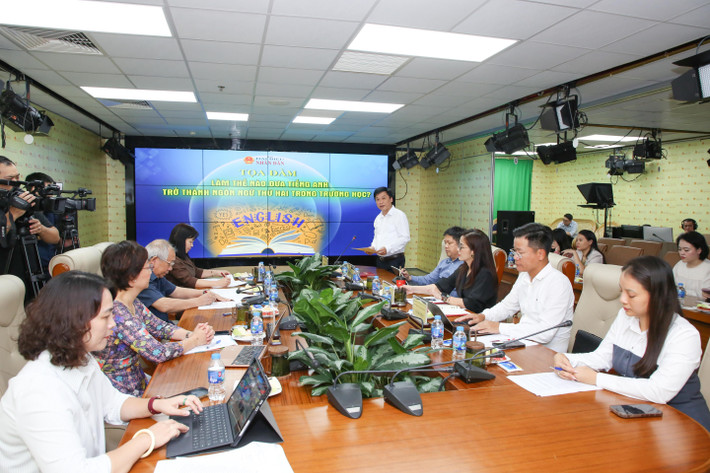
At the seminar, Ms. Nguyen Thi Mai Hoa, Vice Chairwoman of the National Assembly's Committee on Culture and Education, said: On August 12, the Politburo issued Conclusion 91-KL/TW on continuing to implement Resolution 29-NQ/TW dated November 4, 2013 of the 11th Party Central Committee "On fundamental and comprehensive innovation of education and training, meeting the requirements of industrialization and modernization in the context of a socialist-oriented market economy and international integration". An important content mentioned in Conclusion 91-KL/TW is: "Focus on improving foreign language skills of students, gradually making English the second language in schools".
This is a very important policy for us to realize the goal of training and developing high-quality human resources to meet the requirements of the period of integration and development of the country. However, from the goal, desire to the actual results, there are still many limitations. The most obvious limitation is teaching and learning in schools. It can be said that the results are not high, even in many areas, many educational institutions, many groups of subjects, the quality of foreign language teaching in general and English teaching in particular is still very low...
Prof. Dr. Tran Van Nhung, former Deputy Minister of Education and Training, also said that there were a number of reasons that prompted him to write a letter to the Politburo, the Secretariat, and the Central Committee of the Party, proposing the need for a national policy on teaching and learning English in the Vietnamese national education system. According to Prof. Tran Van Nhung, in 2000, the Central Committee of the Party issued Directive 58/CT-TW on "Promoting the application and development of information technology to serve the cause of industrialization and modernization". When this Directive was issued, we had the participation of the entire political and social system to develop information technology. And after a quarter of a century, we can see spectacular progress in the application and development of information technology in Vietnam. Therefore, if there was a directive similar to Directive 58/CT-TW for foreign languages, especially English, English would "gradually become stronger".
Associate Professor Dr. Ha Le Kim Anh, Vice Principal of the University of Foreign Languages, VNU Hanoi, also said that in the past 10 years, English teaching in Vietnam has had many positive changes. A number of legal framework regulations related to foreign languages in general and English in particular have been issued. In the general education program from 2018, English has been included in the training organization from grades 1-12, creating continuity, connectivity, and momentum for English teaching in schools, creating a systematic and consistent nature. In addition, many teachers have participated in training programs to develop their capacity and methods of teaching English. This is a favorable condition to promote English teaching in general schools, gradually making English a second language.
Need to follow the schedule, not rush
According to Professor Tran Van Nhung, to make English the second language in schools, all the difficulties will lie in the difficult areas. The success or failure of this strategy depends on how we implement it in the difficult areas. For example, in big cities like Hanoi, English can be considered the second language in schools, but in the mountainous and difficult provinces, where many ethnic minorities live, Vietnamese is not yet fluent, so first we have to learn Vietnamese, then their ethnic language, English is in third place.
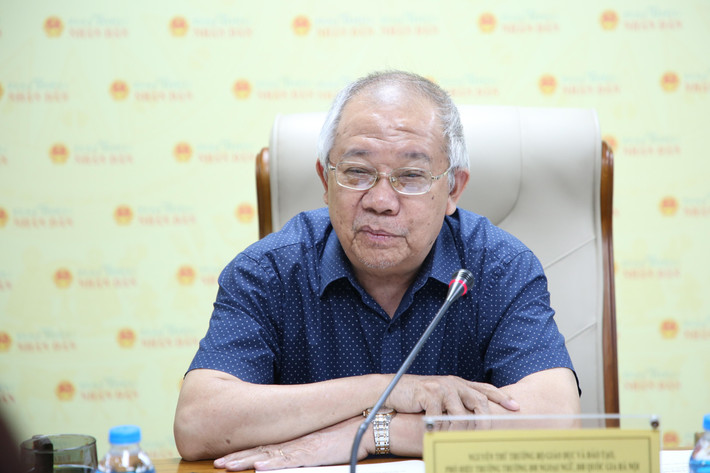
In addition, the National Program on gradually making English the second language in schools, to develop, must have provinces take the lead. It is necessary to pilot to expand the teaching of Natural Sciences in English, then Social Sciences. The program, textbooks, and English exams for schools in big cities and provinces with favorable conditions will be more favorable, and can be improved more than in rural, remote, mountainous areas, and ethnic minority areas...
Sharing the same view, Associate Professor Dr. Ha Le Kim Anh, Vice Principal of the University of Foreign Languages, VNU, also said that to make English a second language, it is necessary to implement it step by step according to a roadmap, not hastily. First, the pilot project should be conducted in big cities where conditions are sufficient, but for schools in remote areas, this issue should not be raised hastily.
Vice Chairwoman of the National Assembly's Committee on Culture and Education Nguyen Thi Mai Hoa also emphasized a number of necessary and sufficient conditions for this policy to truly come into effect.
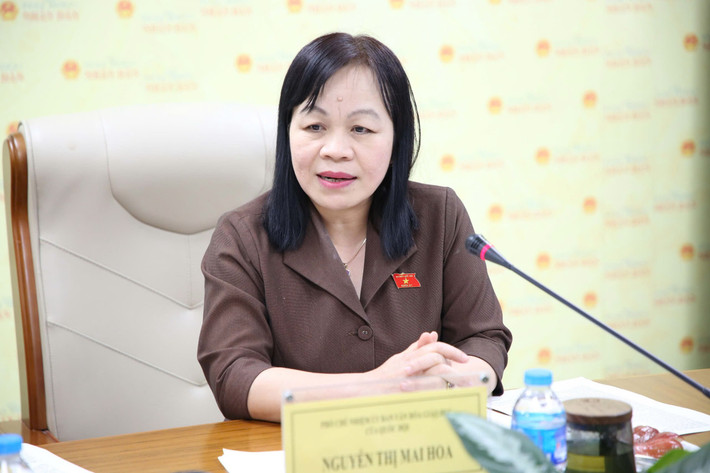
According to Ms. Hoa, first of all, we must continue to perfect the legal corridor; we must have policies and strategies, these policies are not only guidelines in documents but must be concretized into projects, we must have resources because without money, we cannot do it.
On the other hand, if we want to introduce English as a second language, it is clear that we need teachers. This must start with investing in teacher training institutions, not just in general teachers.
Making foreign languages the second language in schools cannot be taught or learned without practice. We must have specialized classrooms, facilities, and technology to support it. This requires investment and priority.
Finally, according to Ms. Hoa, there must be examination reform projects to achieve consistency in all solutions and effectively implement the policy of making English a second language in schools.
H. Thanh
Source: https://cand.com.vn/giao-duc/lam-the-nao-de-tieng-anh-tro-thanh-ngon-ngu-thu-hai-trong-truong-hoc--i745288/






























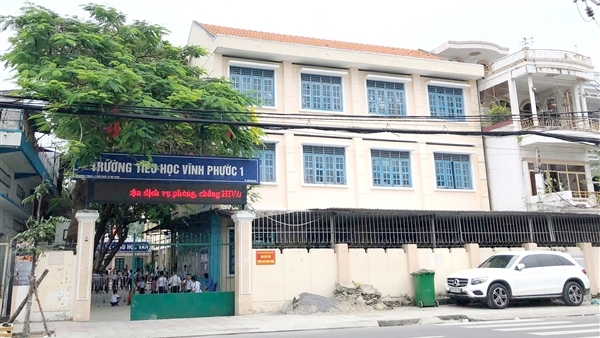





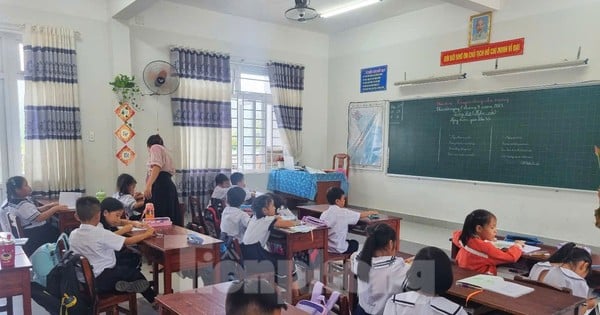


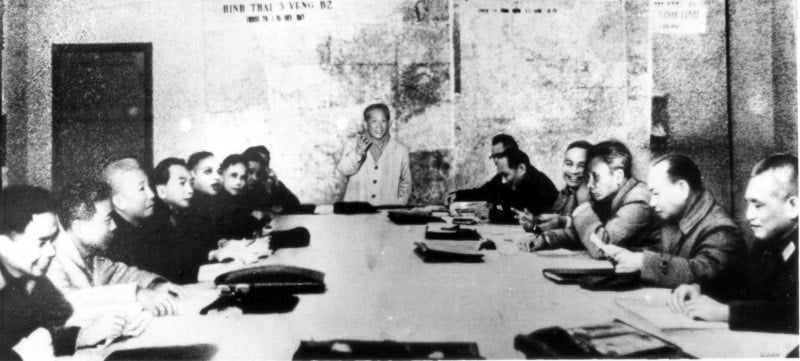
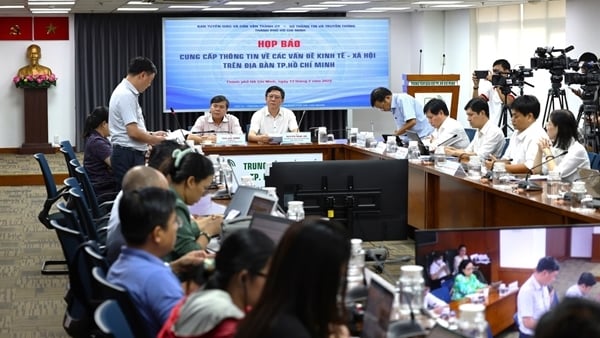

















Comment (0)